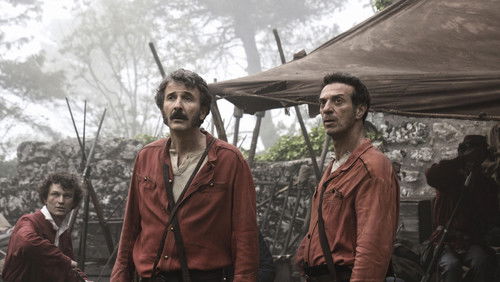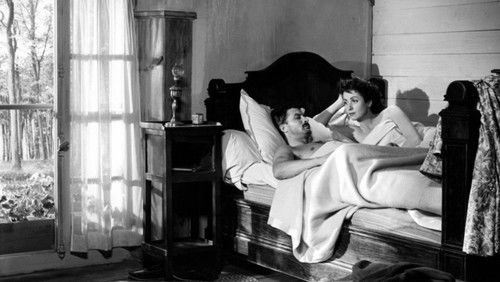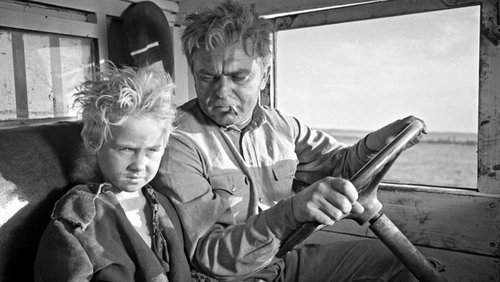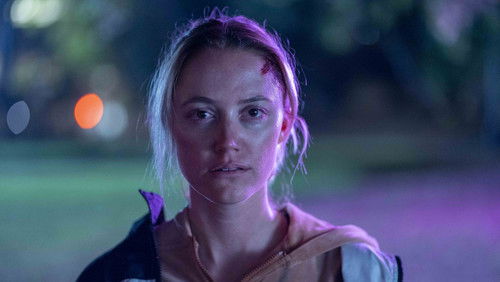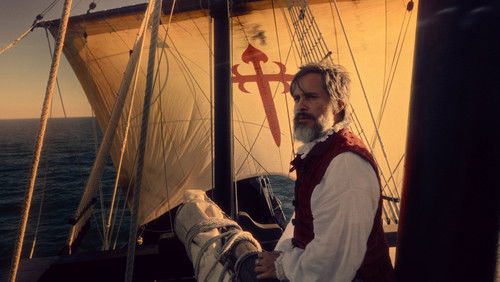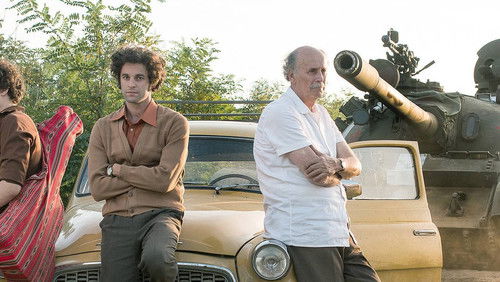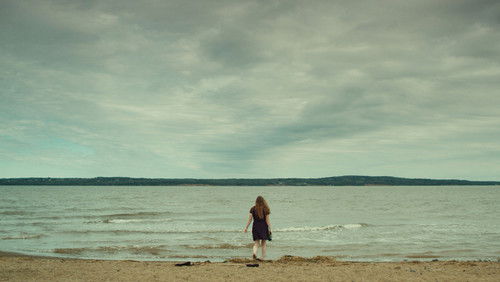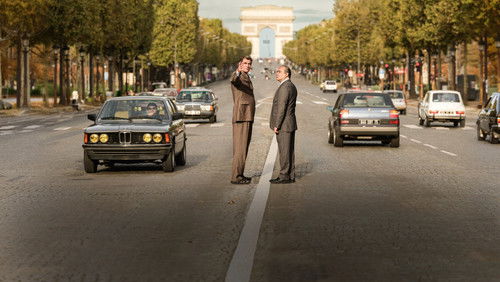Bamako (2006)
43KBamako (2006). Bamako: Directed by Abderrahmane Sissako. With Aïssa Maïga, Tiécoura Traoré, Maimouna Hélène Diarra, Habib Dembélé. Bamako. Melé is a bar singer, her husband Chaka is out of work and the couple is on the verge of breaking up… In the courtyard of the house they share with other families, a trial court has been set up. African civil society spokesmen have taken proceedings against the World Bank and the IMF whom they blame for Africa's woes… Amidst the pleas and the testimonies, life goes on in the courtyard. Chaka does not seem to be concerned by this novel Africa's desire to fight for its rights…
“This film is set in a small courtyard in the Malian capital, Bamako. A trial is taking place; on the one side those representing the ordinary people of Africa on the other those representing the organisations they hold responsible for the national debts that keep the people impoverished. While the trial progresses we meet various characters; some are witnesses others are ordinary people going about their lives.u003cbr/u003eu003cbr/u003eThis is an interesting film even though we know such a trial would never take place and if it did it wouldnu0026#39;t be in a public courtyard… that isnu0026#39;t really a problem though. The case raises some important issues about how African nations are treated however it does feel too polemic at times; this is especially the case when a French lawyer rails against the World Bank, the IMF and the west in general towards the end… the earlier more personal testimonies from affected Africans felt far more relevant. I liked the little details away from the details of the trail; a policeman has his gun stolen while he had a nap; a singer plans to move to Senegal and locals watch u0026#39;Death in Timbuktuu0026#39;, a pseudo-spaghetti western starring Danny Glover… this section was particularly inventive as we switch to watching this film within the film for several minutes. Overall Iu0026#39;d say this was fairly interesting but I felt it would have been more interesting if weu0026#39;d seen more of peopleu0026#39;s ordinary lives and a little less of the trial.”

